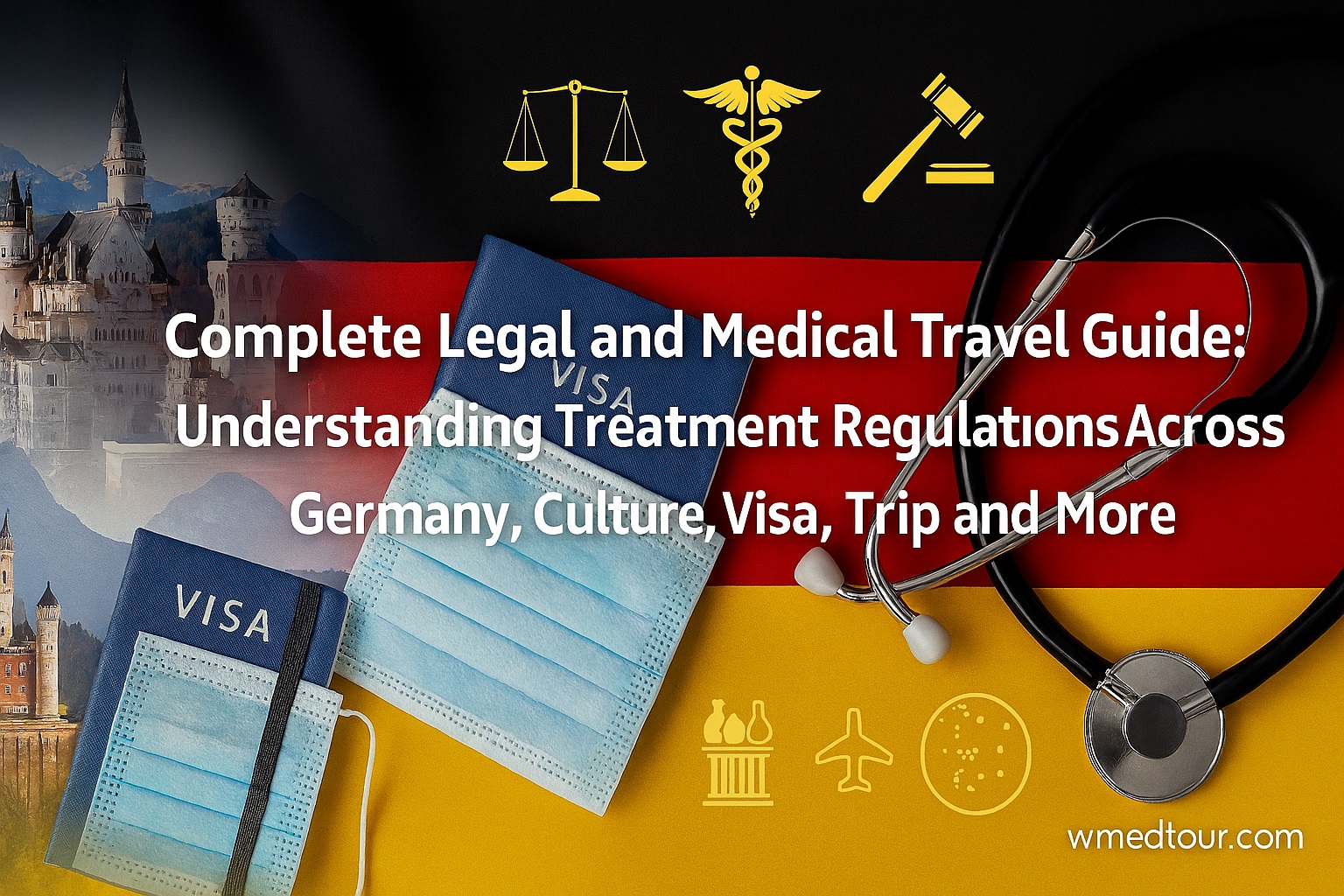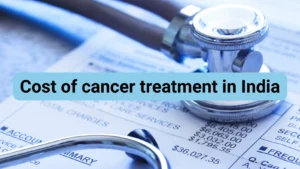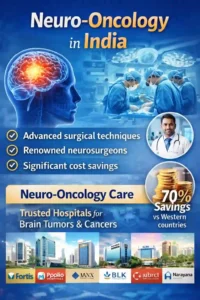Complete Legal and Medical Travel Guide Germany: Precision, Regulation, and Excellence
Germany is universally recognized as a global leader in medical science and technology, offering unparalleled quality for complex procedures and chronic conditions. Before planning your treatment, a thorough understanding of the legal and logistical framework is crucial. This **Complete Legal and Medical Travel Guide Germany** details essential aspects, from visa requirements and accreditation to cultural expectations, ensuring a secure and optimized health journey.
Executive Summary: Why Choose German Medical Excellence?
Germany is famous for its academic research, high surgical success rates, and specialization in areas like oncology, orthopedics, and neurology. Success here relies on respecting the highly formal legal process and embracing the culture of precision and direct communication.
- Legal Gateway: The Schengen Visa (short-term) or the **National Visa for Medical Treatment (§ 6 AufenthG)** is required. Proof of appointment and prepayment is mandatory for the visa application.
- Quality Assurance: German hospitals prioritize quality management, often utilizing the national **KTQ (Cooperation for Transparency and Quality in Healthcare)** certification, alongside international accreditations like JCI.
- Cultural Nuance: Expect high punctuality, direct communication (often perceived as blunt), and strict adherence to schedules. Medical decisions are evidence-based.
- Keyphrase Focus: Use this **Complete Legal and Medical Travel Guide Germany** as your definitive blueprint for regulatory compliance and preparation.
The German Healthcare System: A Regulatory Overview for Medical Travelers
Germany’s healthcare system is one of the most robust and regulated in the world. Governance falls under the Federal Ministry of Health (**BMG**), which ensures all hospitals and practitioners adhere to strict legal standards regarding quality, hygiene, and patient rights. The system is designed around scientific evidence and continuous improvement, minimizing the risks associated with treatment.
Therefore, while the costs may be higher than in some competitors, the value lies in the rigorous quality control and high success rates for complex conditions. This **Complete Legal and Medical Travel Guide Germany** aims to clarify these high standards, helping you navigate the system with confidence.
Navigating the Legal Landscape: Transparency, Safety, and Quality
German law grants extensive protection to all patients, domestic or international. The core principle is transparency and informed consent. Patients must receive clear, comprehensive information about their diagnosis, all available treatment options, associated risks, and costs, usually in their native language or a certified translation.
Accreditation and Quality Control: The Pillars of German Medical Tourism
When selecting a clinic, quality assurance is paramount. While some German hospitals hold JCI accreditation, the national standard is often **KTQ (Cooperation for Transparency and Quality in Healthcare)**. As a result, KTQ-certified hospitals are evaluated across six key categories: patient orientation, employee orientation, safety, information and communication, leadership, and quality management. This commitment to internal and external checks ensures that treatment quality remains consistently high, particularly in specialized fields like oncology and orthopedics.
Patient Rights and Medical Liability in Germany
German patient law, particularly the **Patient Rights Act** (Patientenrechtegesetz), reinforces the patient’s right to self-determination and access to their full medical records. Furthermore, in the event of medical malpractice, Germany provides a clear and established legal framework for compensation. While the process may involve legal counsel, the system is mature and reliable, offering significantly more security than in less-regulated markets. Most disputes are first handled through local medical associations (**Ärztekammern**) before proceeding to court.
Pros and Cons of German Medical Regulation
PRO Patient Autonomy: Strong legal protections emphasize the patient’s right to information and shared decision-making.
CON Bureaucracy: The strict regulatory environment can make appointment and documentation processing lengthy.
CON Cost: Treatment is significantly more expensive than in many other medical tourism destinations due to the premium placed on quality and expertise.
Visa and Logistics: Essential Entry Requirements for Treatment
The visa process for medical treatment in Germany is highly systematic and requires meticulous preparation. The key is providing comprehensive evidence that you have arranged and fully pre-paid for your intended medical services.
Understanding the Schengen and National D Visas
Medical travel is categorized under two main visa tracks, depending on the duration of your stay:
- Schengen Visa (Short-Term, Type C): Used for medical procedures or check-ups lasting less than 90 days. You must provide a letter from the German hospital confirming your appointment, a detailed cost estimate, and proof of sufficient funds or pre-payment.
- National Visa (Long-Term, Type D – § 6 AufenthG): Necessary for treatment exceeding 90 days, such as extended oncology, long-term rehabilitation, or complex neurological care. This requires more extensive proof of medical necessity and financial coverage for the entire expected duration of stay.
Navigating Language and Cultural Hurdles
While Germany has a high level of English proficiency, especially among hospital staff and researchers, daily life still often requires German language skills. The culture is characterized by **Directness** and **Punctuality**. Failure to arrive on time for appointments is considered highly disrespectful. **Therefore**, embrace the direct, factual communication style; it is not rudeness, but efficiency.
Pros and Cons of German Culture and Logistics
PRO International Departments: Major hospitals have specialized International Patient Departments (IPDs) to manage translation and logistics.
CON Language Barrier: Outside the IPD and major cities, German is essential. Medical records must be translated into German for visa purposes.
CON Strict Formality: The lack of small talk and high emphasis on adherence to rules can feel impersonal to some visitors.
Specializing in Excellence: Key Treatment Areas Covered by this Guide
Germany’s medical reputation is built on its leadership in several complex and demanding medical fields, leveraging its deep academic tradition and funding for research.
Oncology and Complex Disease Management
Germany is a premier destination for oncology, offering cutting-edge treatments like immunotherapy, highly targeted radiation therapies, and specialized robotic surgery. Crucially, German university hospitals often lead clinical trials, providing access to therapies not yet widely available elsewhere. This focus on research and specialized care is a key takeaway from this **Complete Legal and Medical Travel Guide Germany**.
Orthopedics, Neurology, and Rehabilitation
The country excels in orthopedics (joint replacement, spine surgery) and neurological disorders (Parkinson’s, stroke rehabilitation). Many top centers are clustered around major research universities (e.g., Heidelberg, Charité in Berlin). **Furthermore**, the German commitment to quality extends heavily into rehabilitation, ensuring long-term recovery is integrated into the treatment plan from the start, a unique advantage for chronic care patients.
The German Advantage: Costs, Problems, and Value
Medical tourism in Germany is not about finding the cheapest option; it is about securing the highest standard of care available globally. Patients are investing in expertise, safety, and long-term results.
Cost vs. Value Analysis: Finding the Balance
Medical costs are high, often comparable to U.S. prices, though typically without the hidden administrative fees. You must budget for the treatment cost, visa fees, and the high cost of living in German cities. However, the problems are offset by the low rate of complications and the fact that most costs are confirmed and locked in via the required prepayment for the visa. Compared to the lower costs found in Turkey or Iran, Germany provides premium, research-driven care.
Comparison Table: Germany vs. Key Competitors (Value Drivers)
| Criteria | Germany | Turkey | South Korea |
|---|---|---|---|
| Primary Value Proposition | Highest Research & Regulatory Standards | Cost-Effectiveness & Speed (Aesthetics) | High Tech/Precision & Aesthetics |
| Accreditation Focus | KTQ & JCI (Rigorous National Standard) | JCI & Ministry of Health (MOH) | KAHF & JCI (High Local Standard) |
| Visa Type | Schengen/National D (Prepayment Mandatory) | Standard Tourist Visa (Often sufficient) | Mandatory C-3-M or G-1 Medical Visa |
| Specialization Strength | Complex Oncology, Neurology, Orthopedics | Aesthetics, Dental, Hair Restoration | Aesthetics, High-Tech Diagnostics, Cancer |
| Cost Profile | High (Premium Quality) | Low (High Volume) | Medium/High (Tech Premium) |
Who is This For?
This **Complete Legal and Medical Travel Guide Germany** is ideal for specific types of travelers:
- The Complex Care Patient: Individuals requiring treatment for rare cancers, complex neurological disorders, or highly customized orthopedic implants where research-driven expertise is non-negotiable.
- The Quality-First Traveler: Patients who prioritize the most rigorous regulatory oversight and long-term success rates, even if it means a higher upfront cost.
- The Rehabilitation Seeker: Those requiring world-class post-operative care and rehabilitation integrated seamlessly into the acute treatment plan.
Patient Journey Example: Mr. Schmidt’s Specialized Spine Surgery
Case Study: Mr. Schmidt’s Complex Spinal Fusion
Mr. Schmidt, a 60-year-old patient from the UAE, required a complex multi-level spinal fusion. He secured a National Visa for Medical Treatment, which required submitting hospital confirmation from a KTQ-certified facility in Munich and proof of pre-payment for the surgery and 10 days of recovery. Firstly, the hospital’s IPD managed all communication and secured a specialized interpreter. Due to German efficiency, his surgery was performed precisely on the scheduled date, minimizing uncertainty. Subsequently, his post-operative rehabilitation started immediately at an affiliated center. Finally, his three-month trip was managed strictly according to protocol, resulting in a successful outcome driven by German medical discipline.
The Regulatory Future: Emerging Trends
Germany continues to invest heavily in digitalization and data protection within healthcare. Future regulations will focus on enhancing cross-border data exchange while maintaining strict adherence to European Union (EU) data privacy laws (GDPR). Moreover, the use of AI in diagnostics and surgical planning is rapidly being integrated under strict regulatory oversight. This dynamic environment ensures Germany remains at the forefront of medical innovation. This **Complete Legal and Medical Travel Guide Germany** will continue to monitor these developments.
Frequently Asked Questions (FAQ) on Germany Medical Travel
This section addresses at least 20 of the most pressing questions international patients ask about German regulations, culture, and logistics.




